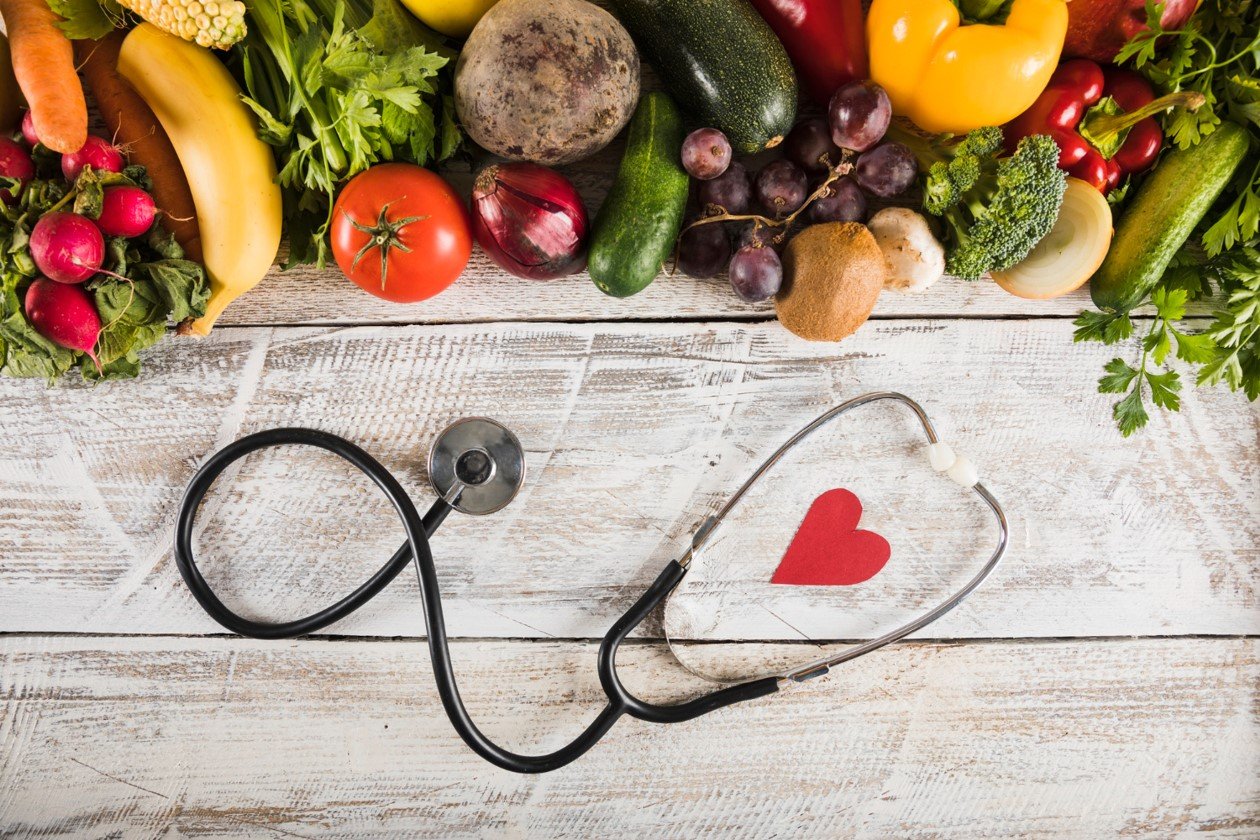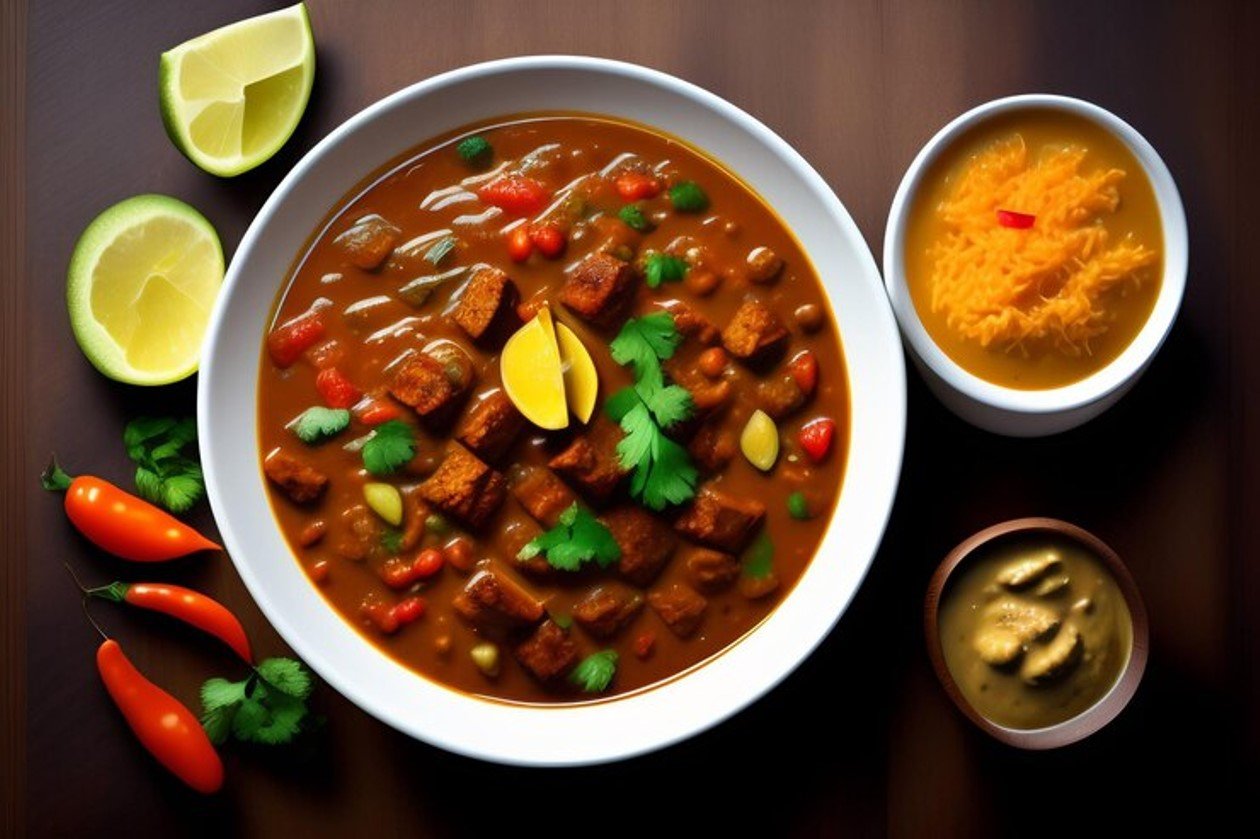Goodbye Bloating: 9 Natural Digestive Remedies

Say goodbye to bloating with these 9 natural digestive remedies. Learn about the causes of bloating, and the importance of digestive health, and discover effective solutions like peppermint tea, ginger, fennel seeds, pineapple, papaya, probiotics, apple cider vinegar, chamomile tea, and exercise. Adopt healthy eating habits and make lifestyle changes for better digestion. Find answers to FAQs and take the first step towards a bloating-free life.
Bloating is a common and uncomfortable condition that many people experience at some point in their lives. It is characterized by a swollen and distended abdomen, accompanied by feelings of fullness and discomfort. If you’re tired of dealing with bloating and are looking for natural ways to alleviate this issue, you’re in the right place. In this article, we will explore nine effective natural digestive remedies that can bid farewell to bloating and restore your digestive health.
Read More: Discover The Role of Gluten in Digestive Disorders
Contents
Understanding Bloating
Bloating occurs when excess gas builds up in your digestive system, leading to abdominal swelling and discomfort. It can be caused by various factors, including poor digestion, food intolerances, overeating, and excessive gas production. Understanding the root causes of bloating is crucial in finding the right digestive remedies to address the issue effectively.
Causes of Bloating
Poor Digestion
Inadequate digestion can contribute to bloating. When your body struggles to break down and absorb nutrients from the food you eat, it can lead to gas buildup and bloating. Improving your digestion is key to reducing bloating and promoting overall digestive health.
Food Intolerances
Food intolerances, such as lactose or gluten intolerance, can cause bloating in individuals who are sensitive to certain substances. Identifying and avoiding trigger foods can help alleviate bloating symptoms.
Overeating
Consuming large meals can put excessive pressure on your digestive system, leading to bloating. Eating smaller, frequent meals can ease the burden on your digestive organs and reduce bloating.
Gas Production
Excessive gas production in the digestive system can contribute to bloating. This can occur due to various factors, including swallowing air while eating or drinking, bacterial fermentation in the gut, or consuming gas-producing foods.
Importance of Digestive Health
Maintaining good digestive health is essential for overall well-being. A healthy digestive system ensures proper nutrient absorption, waste elimination, and the prevention of various digestive disorders. Addressing bloating is an important step towards improving your digestive health and enhancing your quality of life.
Natural Digestive Remedies
- Peppermint Tea: Peppermint has been used for centuries to soothe digestive discomfort. Peppermint tea can help relax the muscles of the gastrointestinal tract, reducing bloating and relieving gas.
- Ginger: Ginger is a powerful natural remedy for bloating and indigestion. It aids in digestion, reduces inflammation, and helps move food through the digestive system, alleviating bloating symptoms.
- Fennel Seeds: Fennel seeds have carminative properties that can help reduce bloating and ease digestion. Chewing on a teaspoon of fennel seeds or drinking fennel tea can provide relief from bloating.
- Pineapple: Pineapple contains an enzyme called bromelain, which aids in the digestion of proteins. Consuming pineapple or drinking fresh pineapple juice can assist in reducing bloating and improving digestion.
- Papaya: Papaya contains papain, an enzyme that aids in protein digestion and reduces bloating. Eating ripe papaya or taking a papaya enzyme supplement can help alleviate bloating symptoms.
- Probiotics: Probiotics are beneficial bacteria that support a healthy gut microbiome. They can help improve digestion, reduce gas production, and alleviate bloating. Consuming probiotic-rich foods or taking a high-quality probiotic supplement can be beneficial.
- Apple Cider Vinegar: Apple cider vinegar has been traditionally used to aid digestion. It can stimulate the production of digestive enzymes, promote a healthy gut environment, and reduce bloating. Dilute a tablespoon of apple cider vinegar in water and drink it before meals.
- Chamomile Tea: Chamomile tea has soothing properties that can calm the digestive system and reduce bloating. Drinking a cup of chamomile tea after meals can help ease bloating and promote relaxation.
- Exercise and Movement: Regular physical activity, such as walking or yoga, can stimulate the digestive system and help alleviate bloating. Engaging in gentle exercises after meals can aid digestion and prevent bloating.
Healthy Eating Habits

In addition to natural digestive remedies, adopting healthy eating habits can significantly reduce bloating and promote optimal digestion. Here are some tips:
- Chew Your Food Thoroughly: Properly chewing your food aids digestion and reduces the risk of bloating. Take your time and savor each bite.
- Eat Smaller, Frequent Meals: Opt for smaller, more frequent meals instead of large, heavy meals. This can prevent overloading your digestive system and minimize bloating.
- Avoid Trigger Foods: Identify foods that trigger bloating for you and avoid or limit their consumption. Common culprits include carbonated beverages, beans, cruciferous vegetables, and certain artificial sweeteners.
- Stay Hydrated: Drinking an adequate amount of water throughout the day can support digestion and prevent constipation, which can contribute to bloating.
- Fiber-rich Foods: Incorporate fiber-rich foods into your diet gradually. Fiber promotes regular bowel movements and can reduce bloating. Examples include whole grains, fruits, vegetables, and legumes.
Lifestyle Changes for Better Digestion
Making certain lifestyle changes can go a long way in improving your digestive health and reducing bloating. Consider the following:
- Manage Stress: Chronic stress can negatively impact digestion. Find stress management techniques that work for you, such as meditation, deep breathing exercises, or engaging in hobbies you enjoy.
- Get Sufficient Sleep: Lack of sleep can disrupt your digestive system and contribute to bloating. Aim for seven to nine hours of quality sleep each night.
- Quit Smoking: Smoking can impair digestion and cause bloating. Quitting smoking has numerous health benefits, including improved digestive function.
- Limit Alcohol Consumption: Excessive alcohol intake can irritate the digestive system and lead to bloating. Moderation is key when it comes to alcohol consumption.
- Regular Physical Activity: Engaging in regular exercise helps stimulate the digestive system, promotes regular bowel movements, and reduces bloating. Find activities you enjoy and make them a part of your routine.
Avoiding Bloating in the Future
By implementing the natural digestive remedies, healthy eating habits, and lifestyle changes discussed in this article, you can significantly reduce bloating and promote better digestive health. However, it’s important to listen to your body and identify what works best for you. Each individual may have unique triggers and remedies, so it’s essential to find a personalized approach to address bloating effectively.
Conclusion
Bloating can be a distressing and uncomfortable condition, but with the right strategies, you can bid farewell to bloating and enjoy improved digestive health. Incorporate natural Digestive Remedies, adopt healthy eating habits, make lifestyle changes, and be mindful of your body’s signals. By taking these steps, you can say goodbye to bloating and welcome a healthier, happier digestive system.
Read More: 11 Best Foods for a Healthy Gut in 2023
FAQs
Can bloating be a sign of a more serious digestive condition?
Bloating is often a result of lifestyle factors or dietary choices. However, persistent or severe bloating can be a symptom of an underlying digestive condition, such as irritable bowel syndrome (IBS) or inflammatory bowel disease (IBD). If you’re concerned about your symptoms, it’s best to consult a healthcare professional for a proper evaluation.
How long does it take for natural remedies to alleviate bloating?
The time it takes for natural Digestive Remedies to alleviate bloating can vary from person to person. Some individuals may experience relief shortly after trying a remedy, while others may require more time. It’s important to be patient and consistent in your approach and give your body time to respond to the remedies.
Can stress worsen bloating?
Yes, stress can exacerbate bloating. When you’re stressed, your body produces stress hormones that can impact digestion and lead to bloating. Managing stress through relaxation techniques, exercise, and other stress-reducing activities can help alleviate bloating.
Are there any dietary restrictions that can help reduce bloating?
While there is no one-size-fits-all approach, certain dietary restrictions may help reduce bloating for some individuals. This can include avoiding foods known to cause bloating, such as carbonated beverages, processed foods, high-fat foods, and foods high in artificial sweeteners. Experimenting with your diet and observing how your body responds can help you identify specific triggers.
Can medications cause bloating?
Some medications may have bloating as a side effect. If you suspect that your medication is causing bloating, it’s important to consult with your healthcare provider. They can assess your medication regimen and make any necessary adjustments to help alleviate bloating while ensuring proper treatment of your underlying condition.







